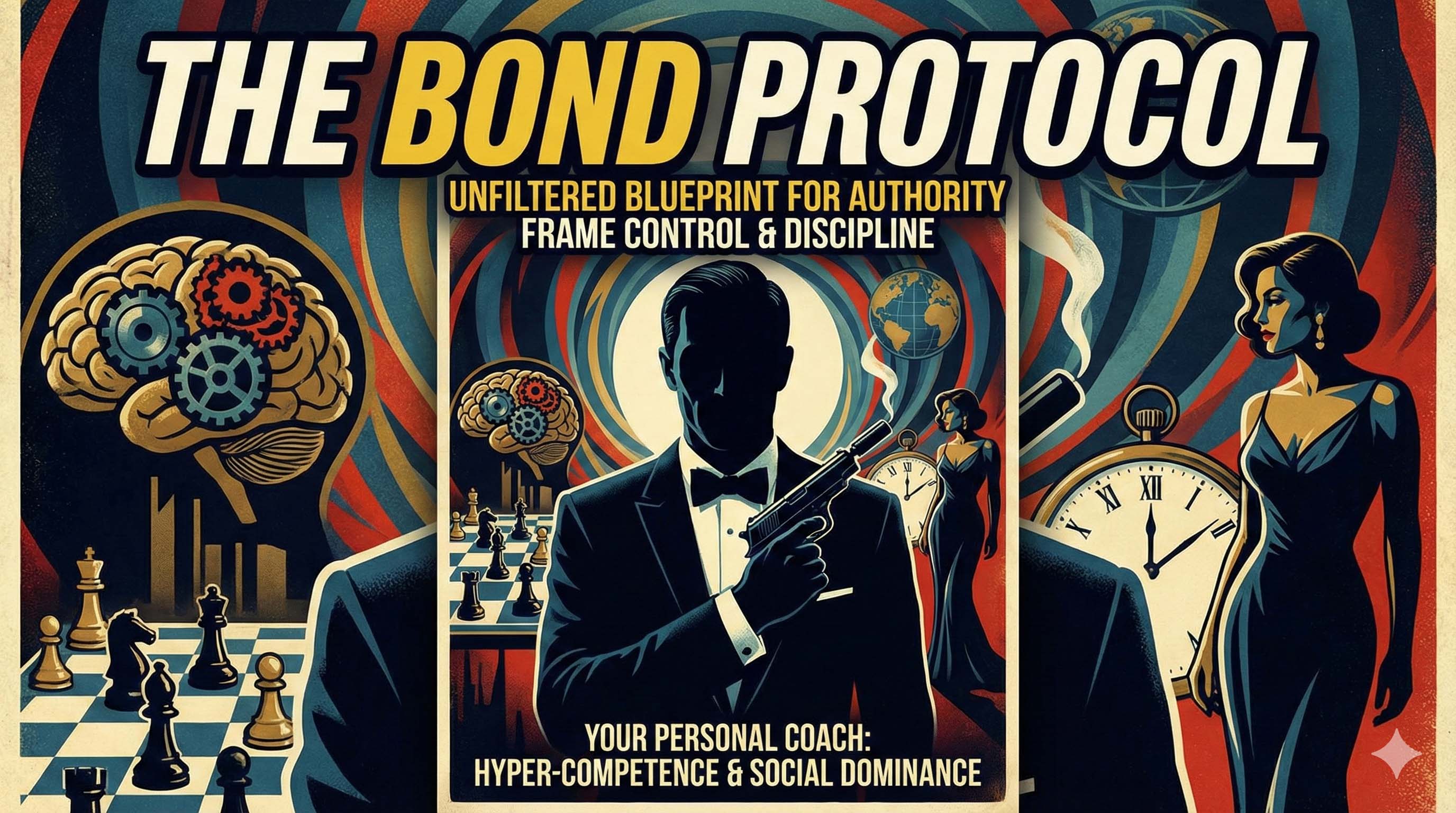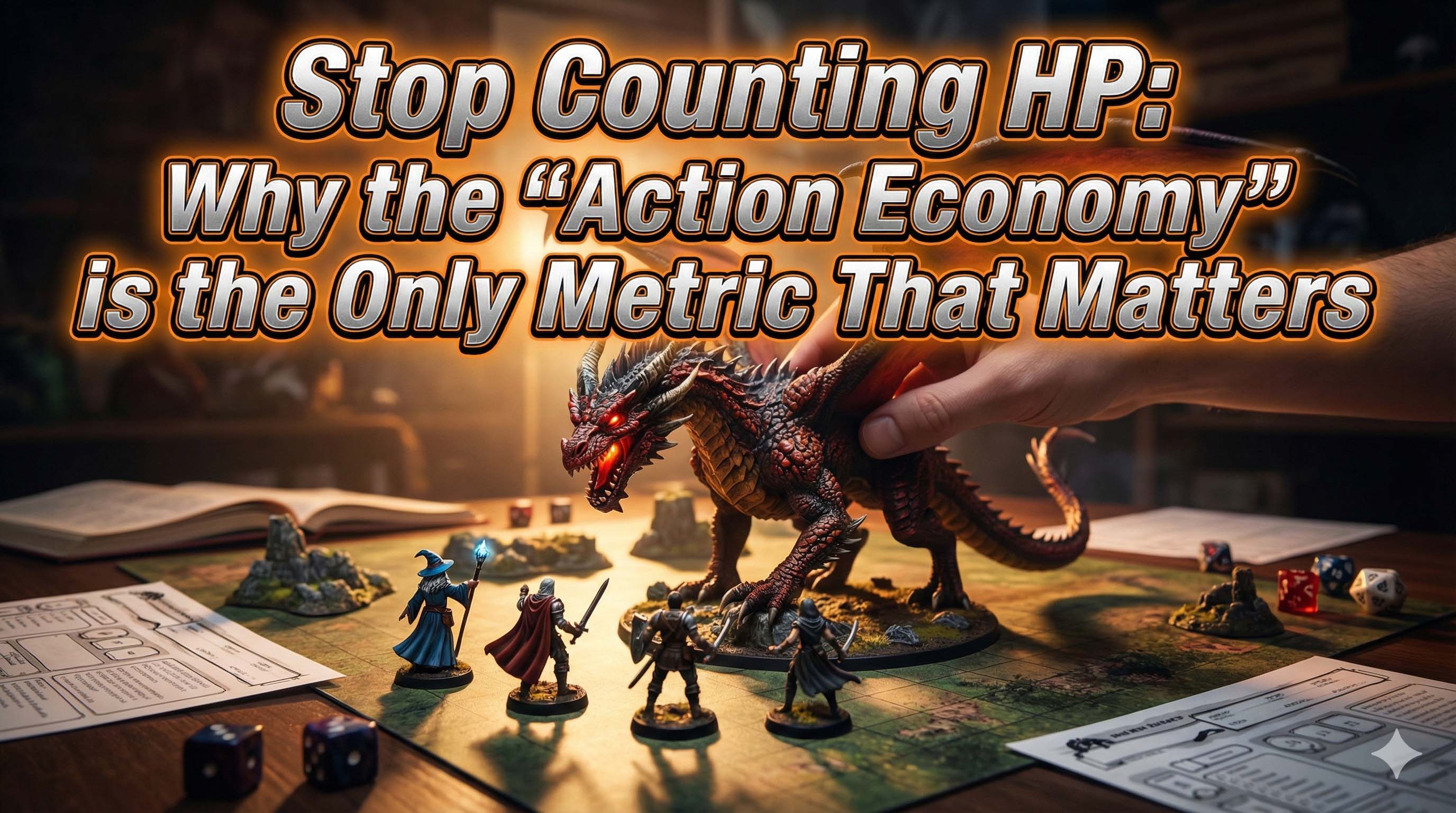
New for 2025: The PsychScape Historical: Red Shield Edition paperback is out now. It sharpens Theater-of-the-Mind play with streamlined guidance for Legend Masters, personality-driven rulings, and quick-prep tools. Use it with the free Dodge City starter to run tonight.
PsychScape puts imagination, pacing, and character psychology first. You don’t need battle maps to run cinematic scenes—you need clear framing, sensory detail, and player-facing choices that matter. As Legend Master (LM), your job is to paint the scene, invite action, and keep the fiction moving.
Use 2–3 sentences to hook the table:
Add one motif (a recurring image or sensation) you can echo later: the clink of spurs, the snap of a banner in wind, the smell of lamp oil. That motif becomes your mental “camera.”
Run Theater-of-the-Mind like a radio drama:
Beat 1 — Frame: Bells toll. Deger’s men fan out. Spurs clink. Ask.
Beat 2 — Player Action: Close under Cover (wagons) or Expose to draw fire.
Beat 3 — Complication: d8 Fast Complications.
Beat 4 — Push Resolution: A bold move (threaten, flank, or rally bystanders) decides the exchange.
Beat 5 — Fallout: A choice has a cost—ammo, reputation, a shaken ally.
Tip: For solos/duos, keep beats tighter and let inner monologue surface (“Your hands steady; the street hushes”).
Pick one sensory thread and stitch it through every beat. Swap generic adjectives for precise nouns (“Winchester lever snaps” > “You shoot”). Close each scene by echoing your motif to create closure (“Spurs fall silent; the bell’s last note hangs”).
Is Theater of the Mind slower or faster than maps? Faster, once you practice short descriptions and near/far/cover ranges.
How do I avoid confusion without a grid? Restate positions every round: “You’re Near behind crates; they’re Far on the balcony; smoke gives light Cover.”
How does personality matter in rulings? Let Big Five traits tilt DCs, grant advantage/penalties, or invite consequences that fit the character’s psyche.
Run PsychScape now:
Buy the Rulebook — PsychScape Historical: Red Shield Edition (Paperback, $54.99)
https://www.amazon.com/dp/B0F3XNTH9Z


